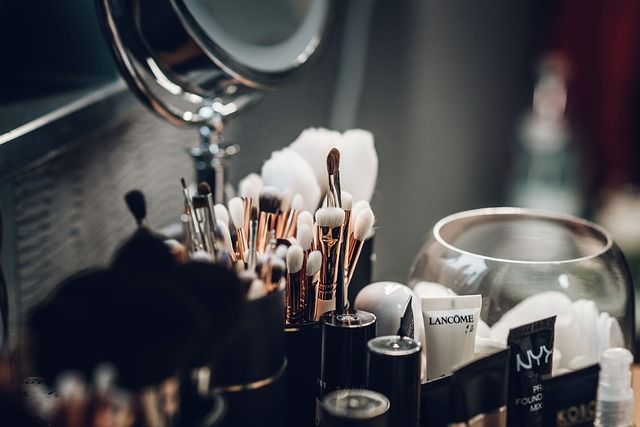Fixin'

“What if it was less important that anything ever gets fixed than that nothing has to be hidden?" (Lynch, McNicol, & Thrall, 2011)



Growing up in the 70's and 80's with southern roots, I often heard many conversations that involved the concept of fixing. We had picnics with "hamburgers, hot dogs, and all the fixin's." We went to the beautician to have her "fix" our hair. Even more recently (from 2013 to 2017), we had the wonderful show "Fixer Upper," which was a new twist on older favorites like "Extreme Home Makeover" and "This Old House." My family was often "fixin' to" do something, like put on our shoes or go to the store or cut the grass. I especially heard this phrase on Sunday mornings, when we were "fixin' to go to church." In this context, I never stopped to ask,
"What are we fixing before we go to church?"
When I think back to these mornings, my parents, my sister, and I were fixing more than our hair or wardrobe; the routine involved our entire presence (make-up, hair, clothes, scents, and anything else that was visible from the outside—the inside, not so much). Of course, when I was really young, we always put on our Sunday best, but by the time I reached my late teens, the dress code loosened up quite a bit. Still, that concept of fixin' stuck with us. I've often commented that I enjoy making things better, which is a nod to my fan-girl tendencies towards Joanna Gaines, but in reality, I just found a nicer, more politically-correct way of saying that I like to fix things.
The problem with this mentality of fixin' is the underlying implication that things (or people) need to be fixed; they are not good enough as they are. While we do admit that nothing is perfect here in this fallen world, having the perspective that everything needs to be fixed puts us in a position of dissatisfaction. When applied to people, it reveals our judgmental and critical attitudes. It also puts much unnecessary pressure on ourselves and on those we love. I have been challenged regarding this perspective in various ways over the past few years, but the authors of The Cure: What If God Isn't Who You Think He Is and Neither Are You (Young, McNicol, & Thrall, 2011) put it so succinctly that it really resonated with me. In their book, one of the allegorical characters asks, “What if it was less important that anything ever gets fixed than that nothing has to be hidden?" What? Not hiding that zit? Not covering my grey roots? Not exaggerating my eyelashes? Not polishing my nails? Do I dare let anyone see the "me" that is underneath? If I want to accept myself the way God created me—if I want to have authentic relationships with the blessings of true connections—I have to stop hiding. That awareness—that mentality—brings with it a freedom to just BE. The antidote to this fixin' mentality is choosing to live in a mindset of GRACE—being in a welcoming environment that allows us to truly come as we are and to still be accepted. Isn't that what Jesus offers us? And yet we are so slow to offer it to ourselves and others. Deepening our understanding of ourselves, of our relationships, and of God is a good thing, but it is not the same as having a mindset of being "less than." We are already "good enough" because God is in us. The truth is we don't have to fix anything.


Member discussion